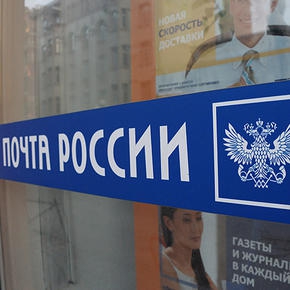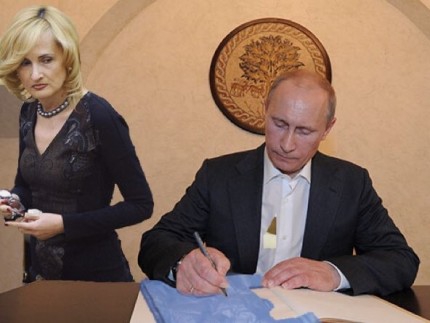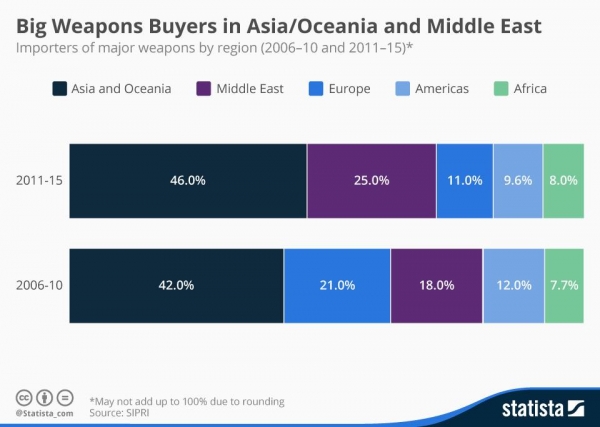

“Mail of Russia” according to preliminary estimates will require more than 0.5 trillion rubles for the equipment for performance of the requirements of the anti-terrorism package (the so-called Spring package), signed on the eve of Russian President Vladimir Putin, said the representative of the company.
“If the new technical equipment must be installed in all 42 thousand post offices, it will require the purchase of special equipment, and the involvement of trained professionals. According to preliminary estimates, this equipment will cost the “Mail of Russia” not less than 500 billion rubles,” – said TASS representative of the company.
In addition, more than 100 billion rubles will be required for annual maintenance and staff wages, providing control while receiving mail.
At the same time the source noted that the issue of security and legality of the contents of the parcels has always been in the focus of the postal operator.
However, implementation of additional responsibilities to monitor the contents of the parcels in all phases of delivery, given the scale and immense geography of the country will require “serious consideration and resources, both from the point of view of their technical and financial support, confident in the company.
“Mail of Russia” already is taking steps to ensure the safety of postal items, taking into account the potential threat of terrorism. For example, international parcels are inspected at the customs control points on the x-ray equipment.
At the same time, responsibility for ensuring that prohibited items in the country so far have been assigned to the sender, and “Mail of Russia” for additional control, installed special equipment in the field of sorting mail and took other measures.
“The relevance and timeliness of the law aimed at improving the fight against terrorism requires for its realization a more detailed study and understanding of how the volume of real financial expenditures and their sources, so that its execution does not impact on the effectiveness of the critical social infrastructure of the state, which has always been and remains the postal service” – summed up the representative of “Mail of Russia”.
On Thursday, the press Secretary of the President Dmitry Peskov reported that Putin signed, the Parliament adopted the package of anti-terrorist laws.
On 29 June, the Federation Council approved a package of anti-terrorism laws, despite submitted to the house a petition to the Council on human rights, the Ombudsman, the mobile operators and the state Council of Tatarstan to reject it. The operators claimed that because of this law, the tariffs for cellular services, may increase by 2-3 times.
While the Kremlin said that many of the concerns that anti-terrorism package may subsequently prove to be unfounded, such bills occurred previously.
The package of legislation introduces life imprisonment for international terrorism and obliges the Telecom operators, as well as instant messengers and social networks to store information about the facts of the conversations and correspondence of the users and their content.
The laws have caused a wide public resonance. It was originally proposed to oblige mobile operators to keep in Russia for three years recording conversations, text messages, and images to provide them at the request of the secret service to provide security. According to experts, the cost in this case would exceed the annual budgets of the largest operators.
In the end, information about the facts of reception and transmission of calls, text messages, pictures, sounds and video operators will have to store on the territory of Russia within three years, and the shelf life of the contents of the conversations and correspondence will be up to six months.
The same requirements apply to the instant messengers and social networks. However, the data retention period on the facts of the transmission of messages is reduced from three years to one year. But the content of the correspondence they will also store for up to six months.








